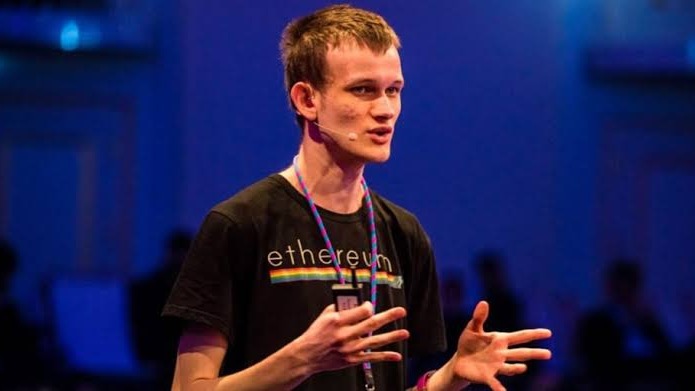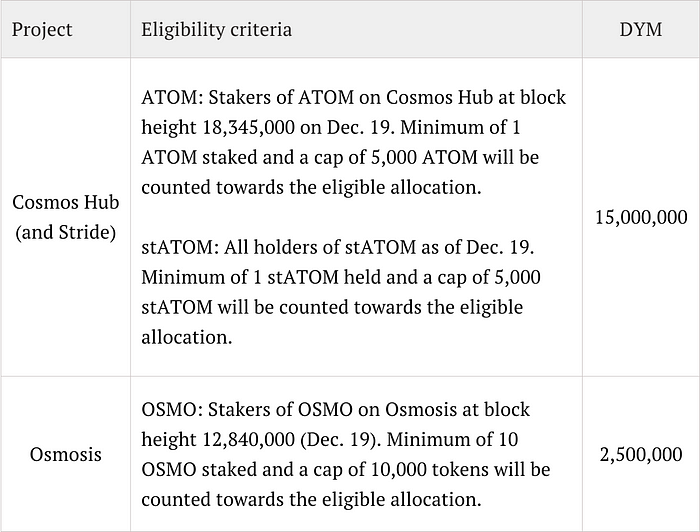The Ethereum network has recently come under fire for its data transmission costs and scalability. Vitalik Buterin, the co-founder of Ethereum, outlined efforts to increase scaling, the imminent proof-of-stake transition, and censorship resistance in a blog post titled "Endgame" released on December 6.
In an Endgame blog post, Buterin lays out a plausible Ethereum scaling roadmap.
Vitalik Buterin, the Ethereum project's well-known co-founder, has published his ideas for a "plausible path" to address the network's scalability concerns. The "Endgame" blog article describes a few concepts, including a "second layer of staking with modest resource needs" and the introduction of fraud proofs or Zk-Snarks, which allow ETH users to "cheaply" obtain block validity. Buterin's strategy aims to develop the blockchain without sacrificing censorship resistance.
"What do we receive after it's all said and done?" In his most recent blog post, Buterin poses the question. "We achieve a chain where block production is still centralized, but block validation is trustless and extremely decentralized, and block producers are prevented from filtering by specific anti-censorship magic." Buterin goes on to say:
Even if every single one of the primary stakers (block producers) is intent on attacking or censoring, the worst that they could do is all go offline at the same time, at which point the chain stops accepting transactions until the community pools its resources and sets up one honest primary staker node.
Buterin talks about the Ethereum Rollup Roadmap, Big Block Chains, and Cross-Domain MEVs.
Buterin's current blog post comes after conversations amongst Ethereum developers at the end of November concerning topics like EIP-4488. The approach might cut data transmission costs in half, according to Ethereum engineer Tim Beiko, who also expressed his opinions on EIP-4488 and cutting rollup costs. Buterin also discussed utilizing rollups and the technology's "potential long-term future" in the Endgame blog post.
"Despite the inherent unpredictability," Buterin emphasizes, "Ethereum is incredibly well-positioned to respond to this future environment." "A significant advantage of the Ethereum rollup-centric roadmap is that it allows Ethereum to be open to all futures without having to make a decision about which one will triumph." Buterin continued, "
Researchers on Ethereum should consider whether degrees of decentralization in block manufacturing are truly possible. If cross-domain MEV (or even cross-shard MEV from a single rollup taking up many shards) makes it unsustainable nonetheless, it may not be worth it to add expensive infrastructure to make highly decentralized block generation feasible.
"There is a road for them to convert into something trustless and censorship-resistant," Buterin adds of "large block chains," "and we'll soon find out if their core developers and communities genuinely value censorship resistance and decentralization enough to achieve it." "It will likely take years for all of this to play out," Buterin concludes in his blog post.
"Sharding and data availability sampling are difficult to deploy technologies. People will be totally comfortable keeping their assets in a ZK-rollup running a full EVM after years of refining and audits," Buterin says in his Endgame essay. "As for cross-domain MEV research, it's still in its early stages." However, it is becoming increasingly evident how scalable blockchains will have a realistic but bright future."









No comments:
Post a Comment
Note: only a member of this blog may post a comment.